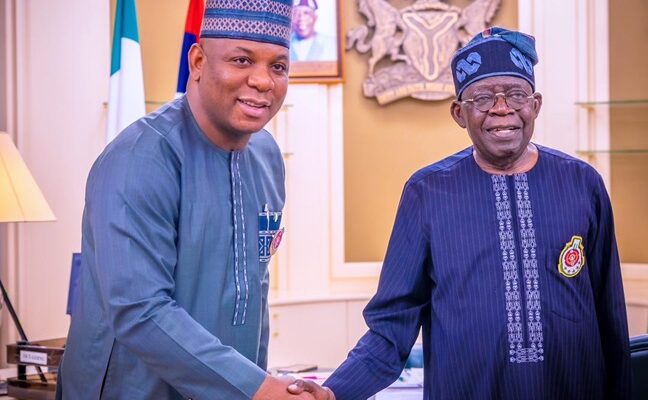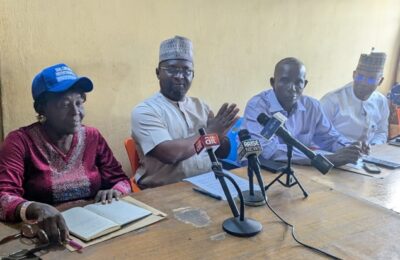As the Renewed Hope Agenda of the All Progressive Congress (APC) and indeed of President Bola Ahmed Tinubu enters the second half of its first term, and as the administration continues to seek sustainable pathways to address Nigeria’s enduring economic challenges, one sector with immense, yet largely untapped, potential is the iron and steel industry, a vital engine for industrial growth, national development, and economic diversification.
Across the globe, steel is the backbone of industrialization. At the heart of every modern economy lies a strong industrial and infrastructure base, and steel is the essential raw material that powers construction, manufacturing, transportation, and defense. From roads, railways, and bridges to factories and heavy machinery, a robust domestic steel industry can reduce Nigeria’s dependence on imports and accelerate its infrastructural transformation.
The iron and steel sector also presents a massive opportunity for job creation. Reviving and expanding long-abandoned projects such as the Ajaokuta Steel Company (ASC) would generate thousands of direct employment opportunities and millions more in related industries, including mining, logistics, transportation, energy, and construction.
If fully operational, Ajaokuta Steel Company has the potential to become a game changer for Nigeria’s economy. It could serve as a foundation for establishing new industries, deepening the industrial base, and turning Nigeria into a manufacturing hub in West Africa.
For decades, Nigeria’s economy has remained overly reliant on crude oil exports. However, with the renewed resolve of President Tinubu and the ministry of steel development, the development of the steel industry offers a clear route to economic diversification.
A functional steel sector would provide the raw materials required by numerous downstream industries, shifting focus from raw exports to value added production.
The country stands to benefit significantly from foreign exchange savings by reducing the importation of steel and steel products. Over time, Nigeria could develop the capacity to export steel, earn foreign exchange, and increase its regional economic influence.
The benefits extend beyond economics. The development of the steel sector would enhance technological advancement, improve the technical skills of Nigerian workers and engineers, and foster innovation through knowledge transfer.
Steel production also supports strategic sectors such as automotive manufacturing, shipbuilding, defense, and energy.
A strong domestic steel industry would also promote national self-sufficiency ensuring that critical infrastructure projects and defense capabilities are not held hostage by foreign supply chains. It strengthens sovereignty and builds economic resilience.
Another significant advantage of reviving Nigeria’s steel industry is the potential for balanced regional development. Establishing and supporting steel facilities across different regions would create employment, stimulate local economies, and reduce rural-urban migration by bringing development to previously neglected areas.
Despite its vast promise, the steel industry particularly the Ajaokuta project has suffered decades of neglect, poor policy implementation, and bureaucratic bottlenecks. However, with the current administration’s commitment to reform and industrial renewal, the opportunity to reposition the steel sector must not be wasted.
With the right mix of political will, strategic investment, and transparent management, the iron and steel industry can unlock Nigeria’s vast economic potential and uplift millions of citizens through jobs, infrastructure, and innovation.
Evidently m, it is the avowed belief of President Bola Ahmed Tinubu that the future of Nigeria’s growth and development lies in building strong foundations, the iron and steel development is central to that mission.
– Musa Asiru Bakare, Member, Tinubu Support Group (TSG), writes from Lokoja, Kogi state.




